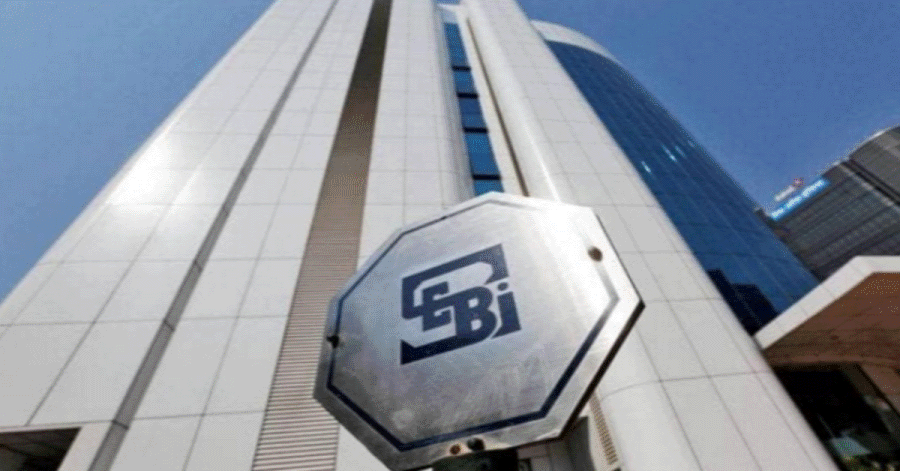SEBI, the capital markets regulator, issued instructions on Friday for asset management companies (AMCs) regarding the use of Indian Accounting Standards (Ind AS).
This follows SEBI’s amendment of mutual fund rules, which required AMCs to prepare financial statements and accounts for mutual fund schemes in compliance with Indian Accounting Standards (Ind AS), effective April 1, 2023.
According to the rules, mutual fund schemes would be required to generate an opening balance sheet as of the date of transition and comparative financial statements in accordance with the criteria of Indian Accounting Standards, Sebi said in a circular.
According to mutual fund regulations, perspective historical per unit data necessitate the publication of scheme-specific per unit statistics for the preceding three years.
SEBI stated in this regard that mutual fund schemes may not be compelled to restate previous years’ published perspective historical per unit figures in accordance with the requirements of Ind AS for the first two years following the first time the standard was adopted.
However, mutual fund schemes will be required to provide certain additional information regarding their past per-unit performance.
These extra disclosures are intended to clearly identify earlier Generally Accepted Accounting Principles (GAAP) financial information as not prepared in accordance with Ind AS and to describe the nature of the modifications necessary to bring it into compliance with Ind AS. Mutual fund schemes are not required to quantify such adjustments.
Financial statements for mutual fund schemes must be prepared in accordance with the regulator’s specifications.
Additionally, Sebi has adjusted its recommendations to conform to the Indian Accounting Standard’s demand that transaction costs of investments be expensed (viz. to be charged to Revenue Account instead of Capitalisation).
Sebi stated that as part of the change, brokerage and transaction costs incurred for the purpose of execution will be charged to schemes at a rate of up to 12 basis points and 5 basis points for cash market and derivatives transactions, respectively.
Any payment for brokerage and transaction expenses in excess of the aforementioned 12 basis points and 5 basis points for cash market and derivatives transactions, respectively, may be charged to the plan within the scheme’s maximum total expense ratio (TER).
The Securities and Exchange Board of India (Sebi) announced that the new framework will take effect on April 1, 2023.
